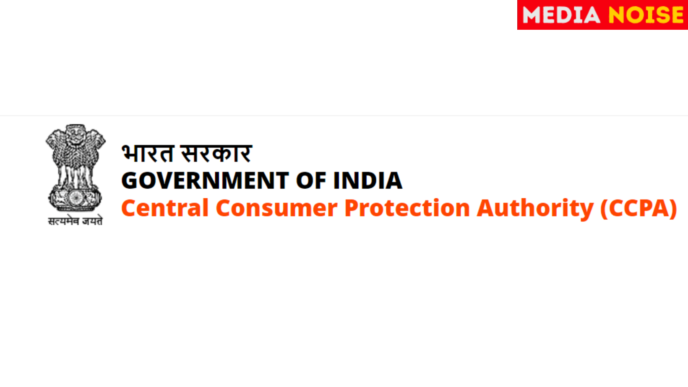New Delhi: A recent survey conducted by PwC India has revealed that only 16% of Indian consumers are aware of the Digital Personal Data Protection (DPDP) Act, a significant piece of legislation aimed at safeguarding personal data in the country. The survey, titled “How aware and prepared are Indian consumers and businesses to navigate the new era of digital privacy?”, also highlighted a lack of awareness among businesses about their obligations under the act.
The survey findings underscore the pressing need for greater awareness and education about data privacy rights and responsibilities among both consumers and organizations in India. Despite the DPDP Act being in effect, many individuals and businesses remain unaware of its key provisions and implications.
Key Findings from the PwC India Survey:
- Low Awareness Among Consumers: Only 16% of consumers are aware of the DPDP Act, and 56% are not aware of their rights related to personal data.
- Lack of Awareness Among Businesses: Only 40% of organizations surveyed claim to understand the act, and among these, only 9% report a comprehensive understanding.
- Limited Investment in Consumer Awareness: Many organizations have not planned initiatives to educate consumers or their own employees about data privacy.
- Concerns About Data Safety: Over 69% of consumers feel that their data may not be safe with companies, and 44% are willing to pay higher if their data is protected.
- Challenges in Compliance: 80% of organizations anticipate challenges in complying with the DPDP Act.
ALSO READ: News Corp Sues AI Search Engine Perplexity Over Copyright Infringement
Experts Call for Increased Awareness and Education
Experts from PwC India emphasized the importance of bridging the awareness gap and fostering a privacy-conscious culture in India. They highlighted the need for both businesses and consumers to understand their rights and responsibilities under the DPDP Act and take proactive steps to protect their personal data.
“The DPDP Act has sparked a positive shift in awareness, but significant work remains to be done,” said Sivarama Krishnan, Partner & Leader – Risk Consulting, PwC India. “The insights from this survey can serve as a guidance in identifying the gaps that need to be bridged so that the objectives of the DPDP Act may be achieved.”
Recommendations for Businesses and Consumers:
- Businesses should invest in educating their employees and customers about data privacy rights and responsibilities.
- Consumers should be vigilant about protecting their personal data and be aware of their rights under the DPDP Act.
- The government should continue to promote awareness and education about data privacy through public campaigns and initiatives.
As India continues to embrace digital technologies, it is imperative for both businesses and consumers to prioritize data privacy and comply with the DPDP Act. By doing so, India can establish itself as a leader in data protection and build trust in the digital economy.












